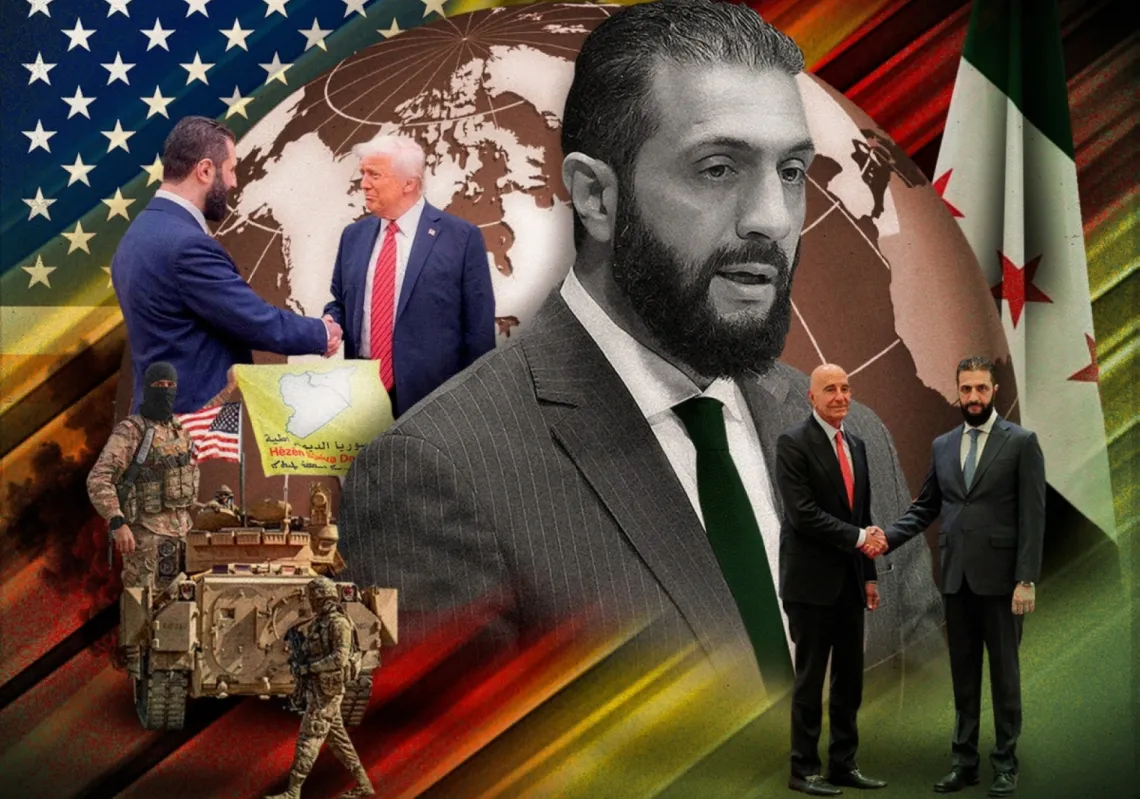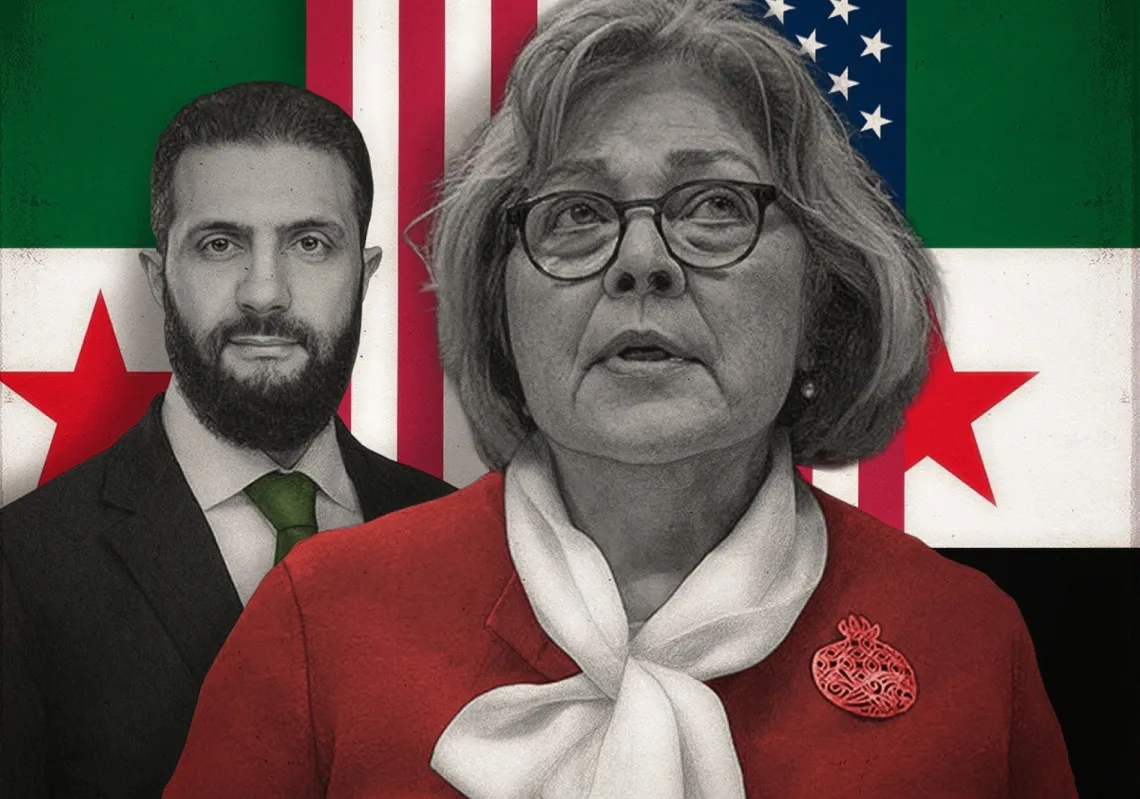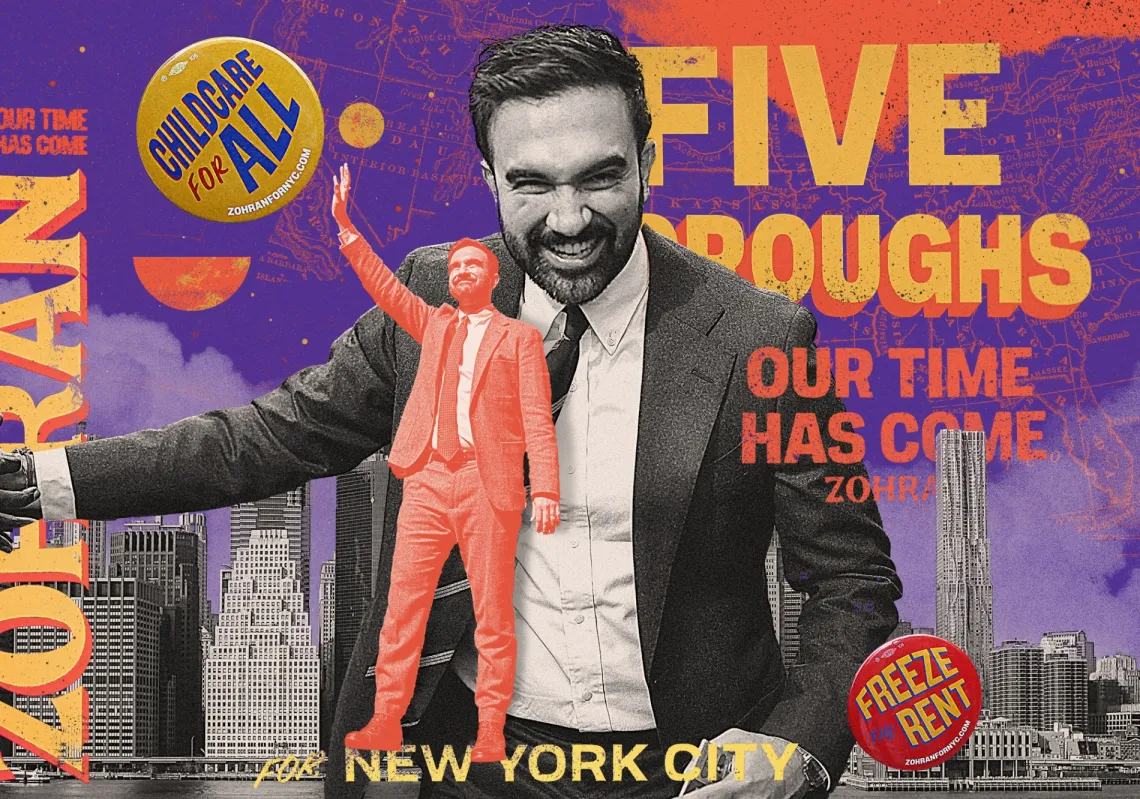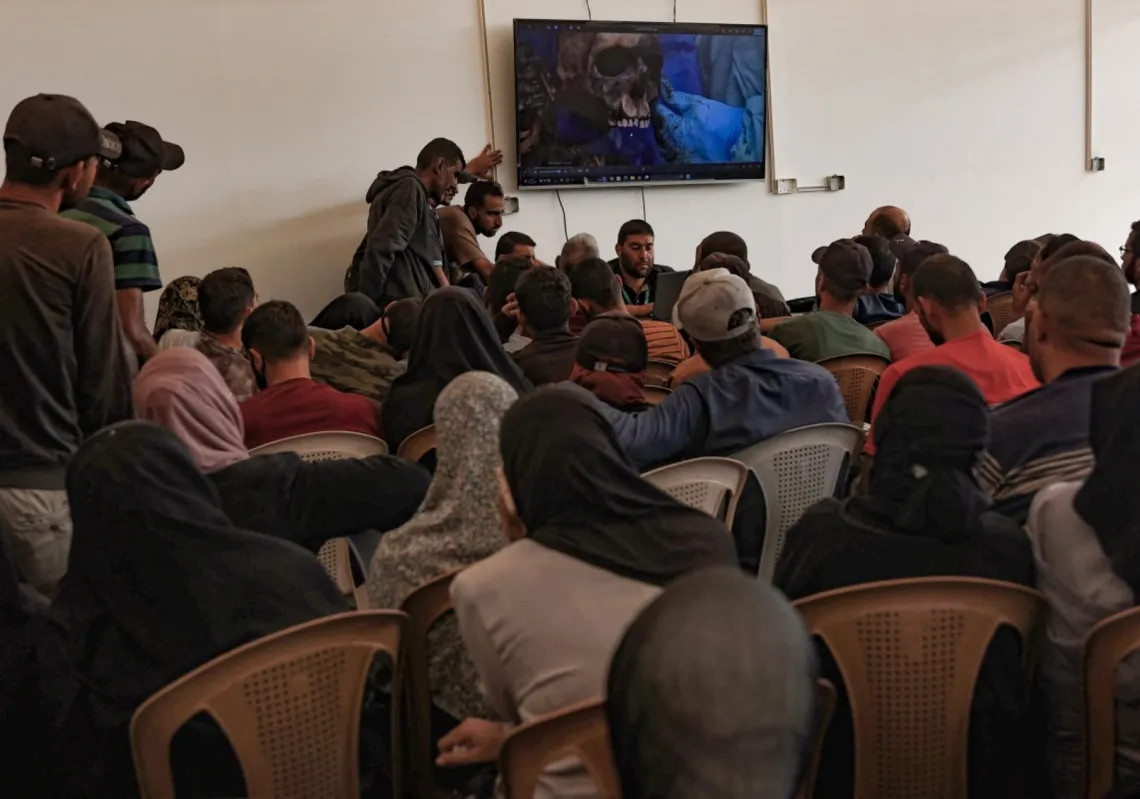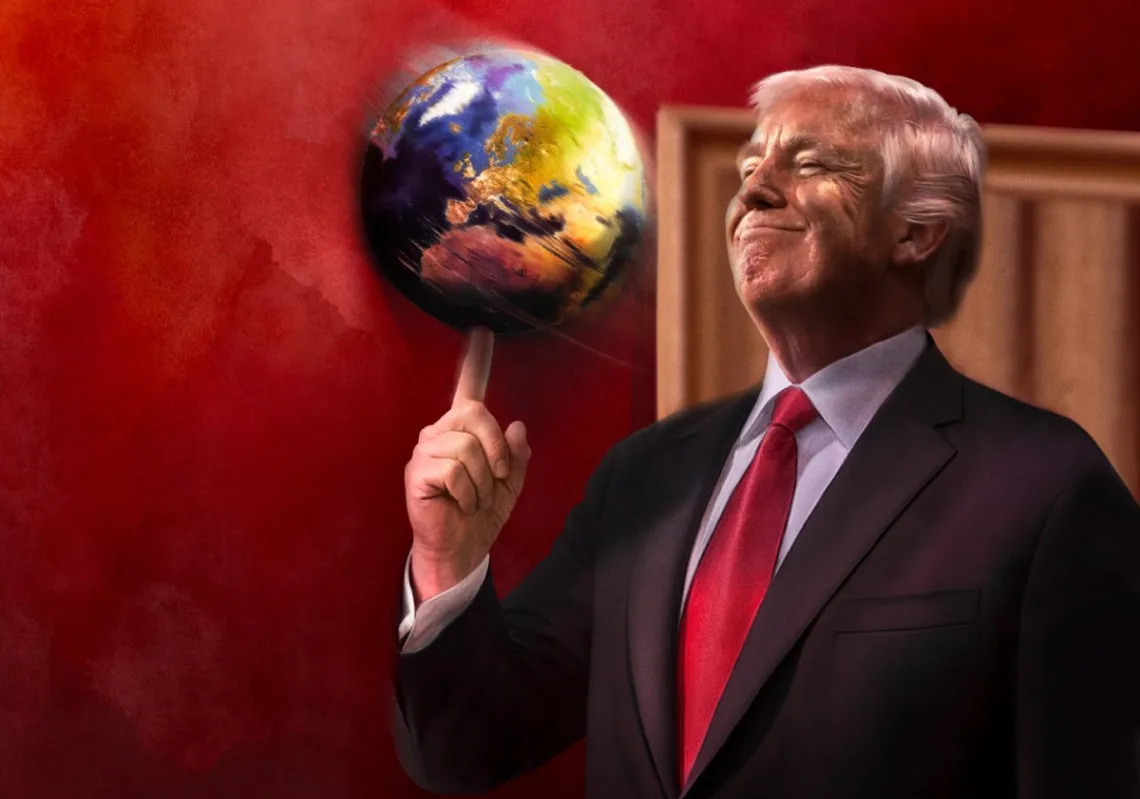As Turkey positions itself as a regional energy hub rather than a mere oil and gas conduit to Europe (as some in Brussels may have once envisioned), its allies shouldn’t be surprised to see Ankara nurturing relations with Tehran. The example mirrors a larger picture in which those at the peripheries of the liberal West are increasingly likely to shift away from an economic and political ideology born of Cold War dualism. They are also more confident of their own local and regional knowledge when it comes to fashioning nuanced trade relationships. The notion of a staunch NATO ally reaching out to a “pariah” state only to transit energy to Europe might indeed cause some head scratching among orthodox American realists. The graying shades of geopolitics and economics in a post-Washington Consensus world, however, account quite well for the situation along the northern border below the Zagros.
Questions about Turkey’s Iran policy came to the media fore in 2010 when Ankara, along with Brazil, brokered a deal with the Iranian government, whereby Iran would exchange 1,200 kilograms of low grade uranium for an equivalent weight of enriched uranium for civilian use. Turkey was to serve as the intermediary repository. The deal was rejected in Washington, despite evidence that the Obama administration had encouraged such an exchange. It was followed quickly by Turkish rejection of UN Security Council Resolution 1929, which imposed stricter sanctions on Iran for its non-cooperation with the IAEA. Much has since been made of Turkey’s apparent rift with the West—or more worryingly, its drift. In fact, many of those undercurrents have been building for some time, and some have existed for centuries. The Turks and Persians have been at peace in a turbulent region since the early 19 century, and have shared common problems of empire (like suppressing Kurdish nationalism). But more recently, rapid economic development and a more eastwardly active foreign policy have marked Turkey ever since the end of the Cold War. While always a staunch NATO ally, it was its aspirations to EU membership that encouraged a veneer of Euro-solidarity during the 1990s.
Beneath the political cover of liberalizing domestic policy, secular mantras and soothing messages to Brussels, Turkey actively took advantage of its peace dividend and reached out to eastern neighbors. The policies of Foreign Minister Ismail Cem, followed by Prime Minister Recep Erdogan’s “no problems with neighbors” approach, laid the political backdrop for a ballooning trade relationship since 2000. Energy was usually the driver.
Between 2000 and 2008, Turkish-Iranian trade increased from $1 billion to $10 billion per year according to IMF figures. Of the higher figure, only $2.7 billion was in non-energy trade (mostly consisting of Iranian industrial products and Turkish textiles, chemicals and machinery). The rest is a story of an energy-hungry Turkish economy already expected by the IMF to grow by over 6.25 percent in 2010 (meanwhile, advanced economies are optimistically expecting a little over 2 percent). Surging energy needs over the past 15 years have been the backbone of warming Turkish relations with Iran, and even with traditional rivals like Russia. Between 1995 and 2008, Turkey’s oil import dependence grew by about 100,000 barrels per day, and even that was suppressed by heavy petrol taxes. The real story though, is gas.
Over the same period between 1995 and 2008, Turkish gas consumption rose from about 7 billion cubic meters (BCM) per year to over 36.6 BCM according to the IEA. With very little domestic production, almost all of this was imported. Russia remains the most important supplier, and Gazprom has invested heavily in a pipeline under the Black Sea to avoid intermediaries. But that being said, between 2002 and 2007 Iranian deliveries of gas to Turkey grew almost tenfold in the face of higher Russian prices, from 0.65 to 6.05 BCM. On top of all this, Turkey does of course continue to serve as a transit corridor to European markets. Indeed, Iran is considering using the country to transit gas supplies to Swiss customers under an upcoming contract. But it should be clear that the energy products crossing the border are rarely just on their way elsewhere.
The latest EU sanctions and US pressure on the Iranian energy sector will only continue that trend, further closing Western markets to Iranian products. Those latest rounds of sanctions do seem to have had an impact on the Iranian energy market, with major European suppliers of crucial gasoline imports like Total cancelling long-standing arrangements. But rallying support against Iranian economic interests by threatening European companies who do business in the country doesn’t carry the same weight it once did, because western refiners are no longer the only game in town. Chinese companies (particularly China Petroleum) have stepped in to take up many of those gasoline shipments to Iran, and other upcoming regional refining hubs like India are less susceptible to American pressure. Often those refined products started life as Persian Gulf crude, for which Asia is now the primary export market. The International Energy Agency’s (IEA) Mid-Term Oil and Gas Report expects that by 2015 dramatic non-OECD Asian demand growth will mean that the OECD rich countries will account for less than half of global oil demand.
The 2010 Turkish political overtures that caused such trepidation have to be seen then in the context of economic shifts, which prompted new political realities. Sometimes those realities were exposed by western “unforced errors” (to use a favorite phrase of the Obama administration). The flat rejections of Turkey’s EU aspirations by Paris, Berlin and Vienna over the past three years were successful in bringing Turkish political sentiment into line with the prevailing economic trends—that is, away from a future rooted in Europe. And the American handling of the Turkish-Brazilian nuclear deal seemed to expose inconsistencies within the US government while distancing a partner which has actively engaged on behalf of shared Turkish-American interests in Syria, Lebanon, the Caucasus and Iran.
Economic alternatives to American and European markets are multiplying in the wake of an economic crisis, which has left developed economies reeling and seen emerging markets, well, emerge. Concurrently, countries are embracing new political and strategic realities as well. That does not mean that most won’t continue to be strong adherents to the most basic liberal ideals and look to the US to fundamentally provide global security. In the case of Turkey, Erdogan has made clear that Ankara is no strategic ally of Iran, and NATO faces no risk from one of its most valuable and contributing members. But a more cautious and reflective American strategic stance, along with a less attractive European economic and political one, will push the development of some “South-South” or “East-East” relationships that, from an orthodox western perspective, may seem to consist of strange bedfellows. If Turkish-Iranian developments of the past decade are anything to go by, those relationships can offer significant opportunities. The West should embrace them.
Philip Cornell – Responsible for wargaming and simulations of major energy disruptions at the IEA in Paris. He is also an adjunct faculty member with NATO and a researcher with the Naval Postgraduate School in Monterey. The views expressed in this article are strictly the views of the author and not those of his employers or partners.


